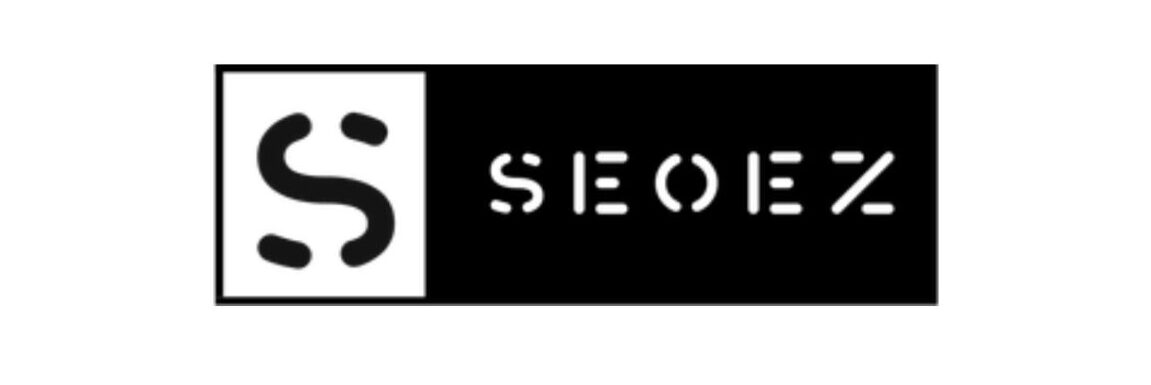SAN FRANCISCO (AP) — Meme stocks like GameStop are hot again, rekindling memories of early 2021 when they turned into a craze that ended up burning many investors along with Robinhood Markets. Online brokerage was especially popular among younger generations and helped fuel the boom in meme stocks until it became so overcrowded that it suddenly stopped trading. The move angered many clients who blamed the brokerage for the losses, sparking investigations by lawmakers and sparking lawsuits.
Robinhood has enjoyed a much steadier ride in the latest wave of meme stocks, an improvement that CEO Vlad Tenev credits to the brokerage becoming more mature and diversified as it expanded into retirement accounts and credit cards.
Tenev, 37, recently discussed the evolution of Robinhood and the challenges of running a public company that has seen its share price fall about 40% below its July 2021 IPO price of $38). It also removed the threat of a federal regulatory investigation into Robinhood’s cryptocurrency arm that is now expanding with a $200 million acquisition of crypto exchange Bitstamp.
Q: How do you feel about the investment environment now compared to a few years ago?
A: I felt a little nervous in 2021. Not only were we growing so fast that I didn’t think our infrastructure could handle it, but we were also spending so much of our resources just trying to keep up with our growth that we could. We don’t really build new products that would serve as our next growth drivers. The foundation is much better now. You’re seeing this with the latest craze of meme shares. Not only are we reliable and up and running, but we’re one of the few places where you can trade this stuff 24 hours a day. This is a huge differentiator.
Q: Have you and the company gotten smarter, too?
A: We have learned many lessons. The first lesson I learned is that you don’t have to go down and have infrastructure problems. It’s a hard lesson, but we’ve made a lot of investments so we’re doing very well now. The other lesson is to be much more proactive about what’s going on. I have been in social media much more. I think the communication muscles are much more developed.
Q: Are you trying to do any financial education with customers?
A: One is just informing people about things like in 2022 when we were very much in the news because people were using Robinhood to buy bankrupt stocks. Some people made a lot of money doing this and, in retrospect, it ended up being a good trade. But we don’t want people trading it without knowing it’s bankrupt. So we added a lot of things to the product like, “This company has filed for bankruptcy, so be careful.” I don’t know if you call this education, but it’s contextual content that helps people make sure they’re informed.
Q: What are the demographics of your core customer base?
A: We have 24 million customers with money in their accounts in the US. They are younger – some Gen X, but mostly millennials and Gen Z with incomes over $100,000. Many of them have children now, many of them have money and tend to love sports, business and entrepreneurship. We have also acquired older customers due to new products such as our high yield savings offer. We’ve also done a lot with offers to move your existing retirement accounts and taxable accounts to Robinhood. The whole philosophy behind Robinhood is how can we take something that only rich people have, democratize it, and then give it to everyone.
Q: What about the recent notice from the Securities and Exchange Commission informing Robinhood that it may be subject to enforcement for alleged violations in its cryptocurrency operations?
A: I really think it’s regulatory overreach. Implementation adjustment is in progress. We worked with the (SEC) and had a proposal that we thought was sufficient to create a special purpose dealer for the trading of crypto assets. We met with them 16 times, and then we just got an email saying, “We don’t see the point in meeting anymore.” So here we are.
Q: How was the transition from being a founder running a startup to being the CEO of a public company?
A: It was definitely a learning experience. We had to adapt the business and do a lot of hard things that were painful. I had a few revenue calls that were not fun. Ultimately, there were some really good things that we probably wouldn’t have done if we were private that we ended up doing, helping us become a stronger company. It has made me better as a person and as a leader. I wouldn’t return it for sure.
—
This interview has been lightly edited for clarity.
